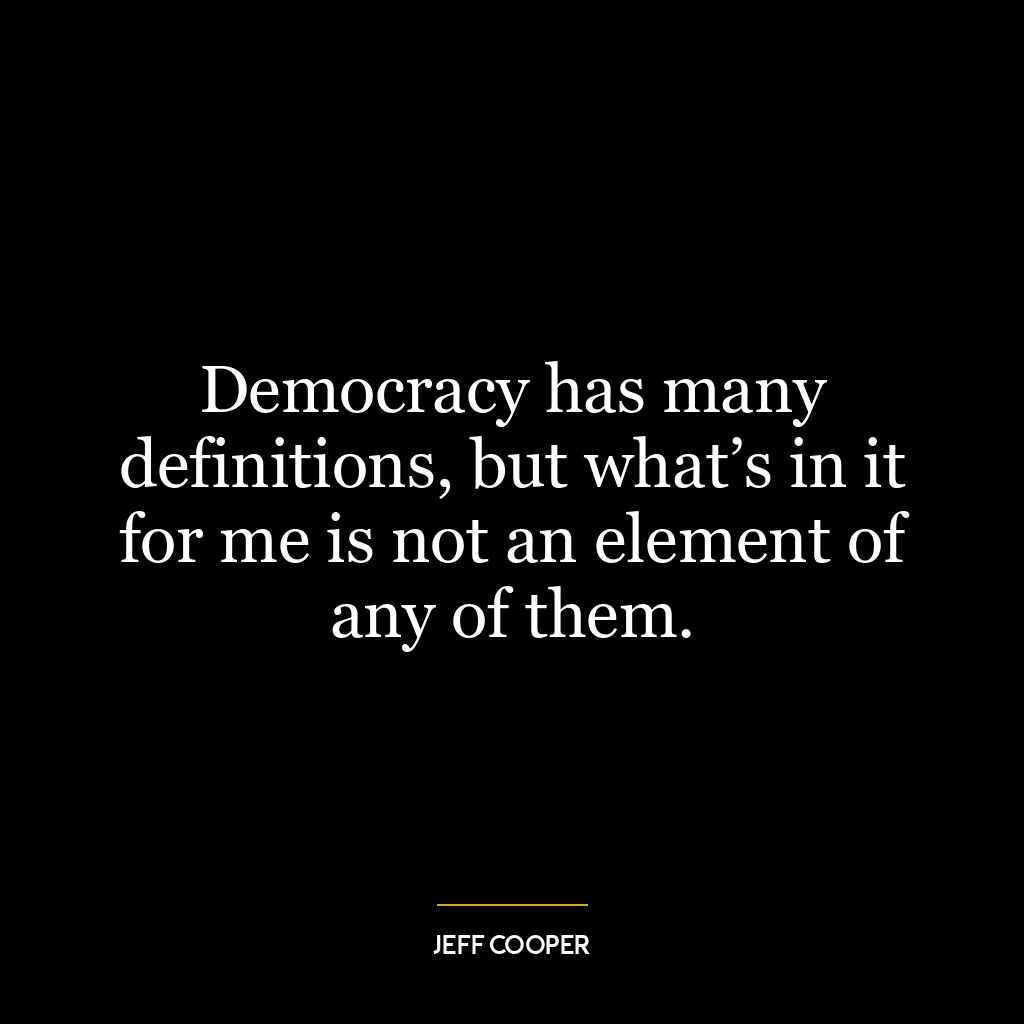This quote essentially means that the key to solving any problem lies in accurately understanding and defining it. A well-defined problem often points towards its solution. If you can articulate what the problem is, you’re halfway towards resolving it because you’ve identified what needs to be changed or improved.
Consider the analogy of a doctor diagnosing an illness. If the doctor can accurately identify the disease, they are well on their way to prescribing the right treatment. But if the disease is misdiagnosed, the treatment will likely be ineffective. Similarly, in any situation, correctly defining the problem is the first significant step towards finding the solution.
In today’s world, this idea is more relevant than ever. For instance, in the realm of technology, understanding a software glitch correctly can lead to the right patch or fix. In social issues, correctly defining the problem—like systemic racism or climate change—is the first step in mobilizing effective solutions. Misunderstanding or misdefining these issues can lead to misguided efforts that don’t address the root cause.
In terms of personal development, this concept is equally important. For example, if you’re struggling with procrastination, the first step to overcoming it is to understand why you’re procrastinating. Is it because of fear of failure? Lack of motivation? Once you’ve accurately defined the problem, you can then work on strategies to address these specific issues, such as building confidence or finding ways to motivate yourself.
In conclusion, Steve Jobs’ quote emphasizes the importance of problem definition in problem-solving. It suggests that a clear understanding of a problem is half the battle won, and this principle is applicable in a variety of contexts, from technology to social issues to personal development.








